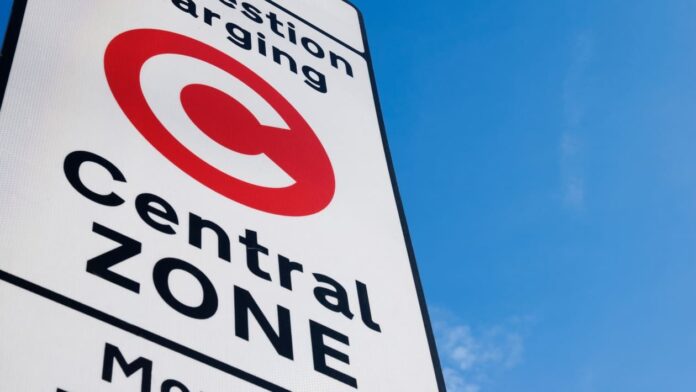From January 2026, drivers in central London will face higher fees under the Congestion Charge, and electric vehicle (EV) owners will no longer be exempt. Transport for London (TfL) confirmed the changes, citing the need to maintain revenue and reduce traffic congestion, but critics warn the move could hinder EV adoption.
Price Increases and EV Policy Shift
The daily Congestion Charge will increase from £15 to £18. While EVs will now be subject to the charge, those registered through TfL’s AutoPay scheme will receive a 25% discount. Electric vans, bikes, and heavy goods vehicles (HGVs) will initially benefit from a larger 50% reduction, which will decrease to 12.5% and 25% respectively by March 2030.
Justification and Projected Revenue
TfL estimates that without the price increase, an additional 2,000 vehicles would enter the Congestion Charge zone on average weekdays. The move is projected to generate significant revenue; some estimates suggest TfL could earn up to £75 million annually from EV drivers alone once the changes take effect.
Resident Discounts and Future Eligibility
Residents in affected areas currently benefiting from a 90% discount will retain this privilege until March 2027. However, after that date, the discount will be exclusively available to those driving fully electric vehicles.
Public and Industry Reaction
Mayor of London Sadiq Khan defended the changes, stating the Congestion Charge must remain “fit for purpose.” However, public opinion is divided; a survey of over 1,000 Auto Express readers found that 81% view the increase as “unfair,” though a majority (62%) believe EVs should not be exempt.
Industry groups have expressed strong opposition. The AA criticized the move as a “cash grab,” arguing it undermines incentives for EV adoption. The British Vehicle Rental and Leasing Association (BVRLA) warned that removing the EV discount could stall the transition to zero-emissions vehicles, particularly as current EV adoption rates fall short of government targets.
Limited Infrastructure Support
Critics also point to the lack of adequate park-and-ride facilities on the outskirts of London, suggesting the Congestion Charge serves as a revenue-generating measure rather than a genuine effort to reduce congestion.
The changes will likely face continued debate, balancing the need for revenue with the broader goal of promoting sustainable transportation.


























